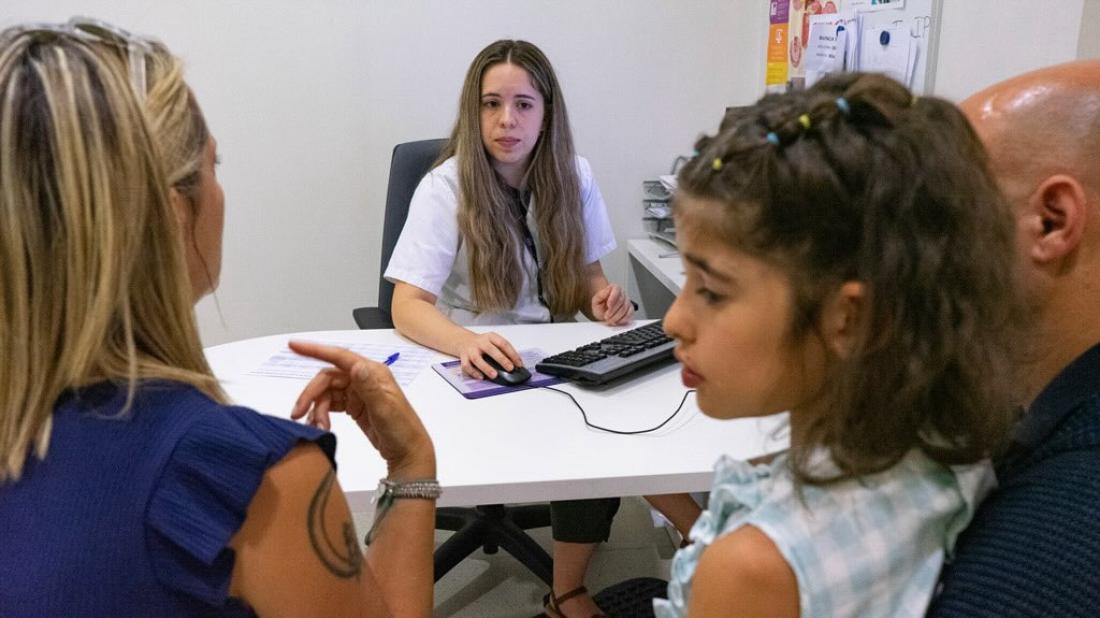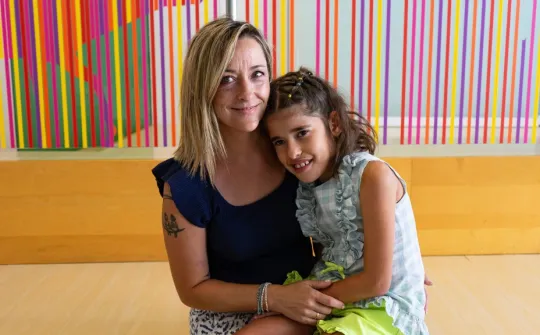SJD Barcelona Children’s Hospital is studying the symptoms associated with the malfunction of the autonomic nervous system in children with Pitt-Hopkins syndrome

The aim of this study is to find out more about the illness and to be able to put forward more suitable actions and treatments.
Healthcare professionals at SJD Barcelona Children's Hospital have carried out an in-depth study this year to look into the symptoms of dysautonomia shown in children withPitt-Hopkins syndrome, a rare disease that amongst others causes neurodevelopmental, behavioural and digestive disorders in those affected .
Dysautonomic disorders are related to the malfunction of the autonomic nervous system, which regulates a number of processes in the body, such as temperature, sweating and bowel movements.
According to the scientific literature, patients with Pitt-Hopkins are prone to dysfunctions in the autonomic nervous system and present hyperventilation, dilated pupils, swings in body temperature, bad circulation in the hands and feet, constipation and urinary retention. “However, few cases have been published and this is a condition that has been explored very little”, explained Ana Gutiérrez, one of the researchers and authors of the study.
“Nevertheless, there is quite a lot of evidence that a high proportion of children affected have hyperventilation and constipation, but very little is known about the rates of the other symptoms. We would like to find out if the other symptoms appear in patients and their frequency because this would help us better describe the illness and put forward potential treatments or actions that could be taken when they surface”, added the study’s co-author.
The researchers based their findings on the results of a survey they sent through the Pitt-Hopkins Association in Spain to 35 families with children affected. The results confirmed that a significant proportion presented urinary retention and difficulties in regulating body temperature, but that far fewer often had dilated pupils.
Specifically, 40% of the families surveyed said that their child retained urine for very prolonged periods of time, and an even higher proportion (65%) that they frequently had leaks. A further 45% stated that found it difficult to regulate body temperature. However, only 20% presented with pupils more dilated than is usual.
“Our wish is to work with other leading experts for these patients throughout Spain in order to be able to standardise actions to be taken to combat these symptoms of dysautonomia, as there are currently no medical guidelines that tell us how to treat it. For example, episodes of hyperventilation are crippling in many patients, and the treatments that we normally use do not work on some of them”, said Gutiérrez.




